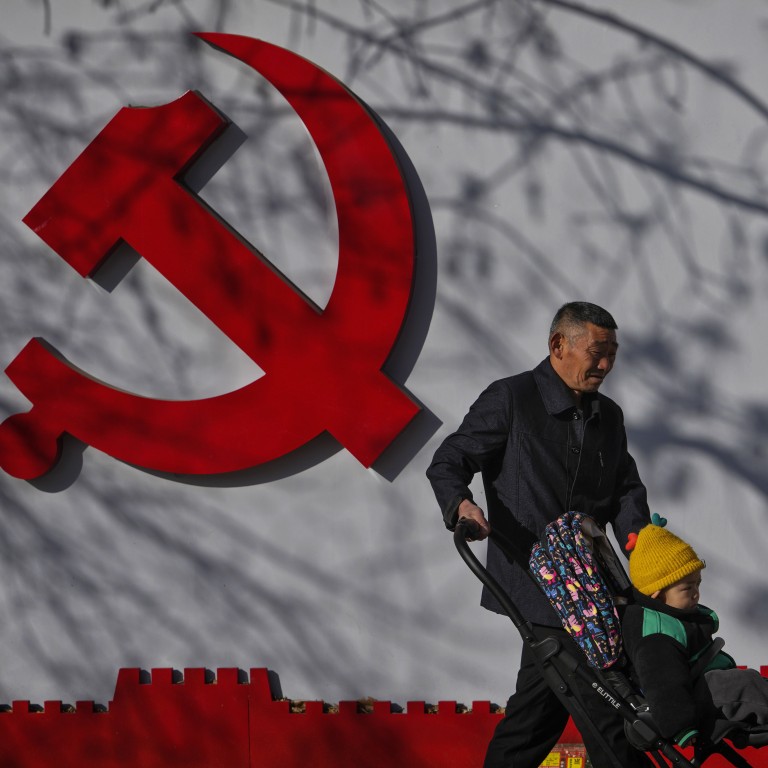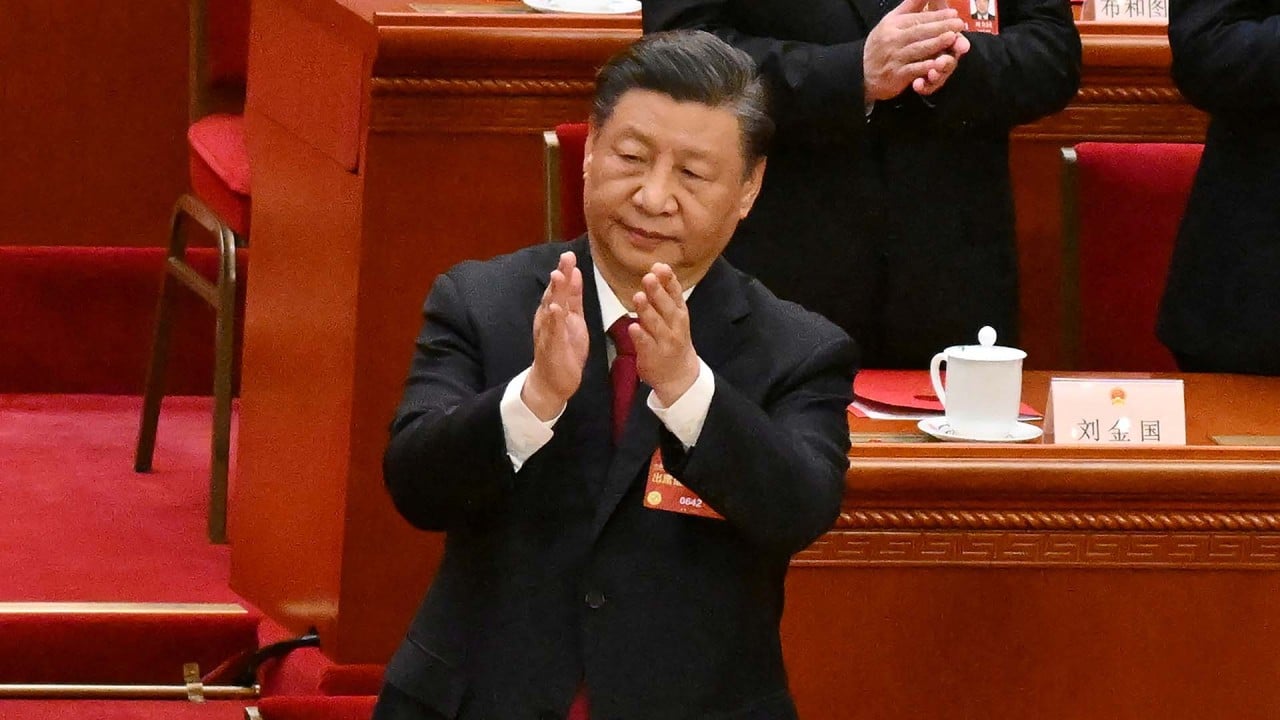
‘Research, not job inspections’: academics weigh in on China’s nationwide fact-finding drive
- Researchers say it should draw on first-hand experiences, avoid formality and address concerns at the grass roots
- The new campaign is seeking feedback and ‘innovative’ suggestions to realise the Communist Party’s policy goals
Lu Dewen, a researcher with the China Rural Governance Research Centre at Wuhan University, offered 10 ideas to help party cadres involved in the campaign in a series of articles posted to the centre’s WeChat social media account.
“Investigations are research, not job inspections,” Lu wrote. “Investigations serve to solve the problem, not [to punish] the person who brings up the issue.”
Based on his decades of field research, Lu said he favoured on-the-ground observations and interviews over online questionnaires and methods based on big data.
“The core of an investigation is the attitude, not the methodology,” he wrote. “The core of a survey is not data and information, but the discussion around the data and information, so as to understand the real opinions at the grass-roots level.”
In its directive on the campaign, the party’s policymaking Central Committee said it would solicit feedback and search for “innovative” suggestions to realise ambitious policy goals and implement the governance philosophies of President Xi Jinping.
The research areas will cover new development challenges, security issues related to food, energy and supply chains, as well as foreign investment, ideological and information control, social equity, the environment, social stability and party governance, according to the directive.
It said cadres with department head ranking or above must take the lead on at least one of these topics and arrange surveys and research on it.
Inside the ‘mysterious’ life of exiled Chinese billionaire tycoon Guo Wengui
But Wang Wenjie, a PhD student at the Wuhan University centre, said such campaigns could easily go astray in China if officials did not have the time to do the research, if paperwork was the focus, or if the research turned into “inspections”.
Wang, in one of the articles on WeChat, also pointed to the problem of governments at different levels having unequal power. The higher up they were, the easier it was to “exercise their power in evaluation, supervision, reward and punishment” over lower-level governments, he wrote.
But at the same time, he said those at the lower levels were more inclined to conceal or distort the facts and selectively report information to minimise problems and avoid punishment.
In addition, Lu said that in the past few years “bureaucratic formalism has been everywhere at the grass-roots level”, but he argued that the fact-finding drive could change that.
He said the party had called for “investigation and research” several times in its history to deal with the problem of bureaucratic formalism.
Such campaigns have been used by the party leadership to identify major problems, understand the situation on the ground and look for solutions.
When he tried to integrate Marxism with the revolutionary situation in China in the 1930s, chairman Mao Zedong emphasised the need for surveys and research, saying “no investigation, no right to speak”.
Decades later, in 1961 after a three-year catastrophic famine that killed tens of millions of people, Mao was said to have reversed a radical set of policies from the Great Leap Forward after receiving reports about the devastation in China’s rural areas.


